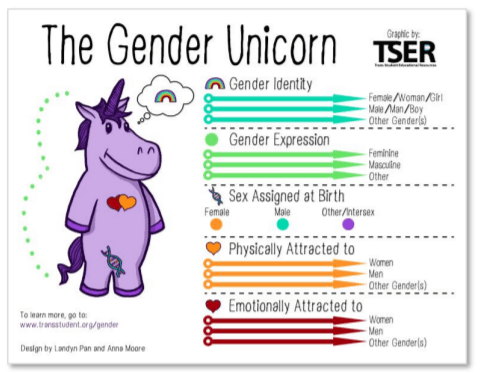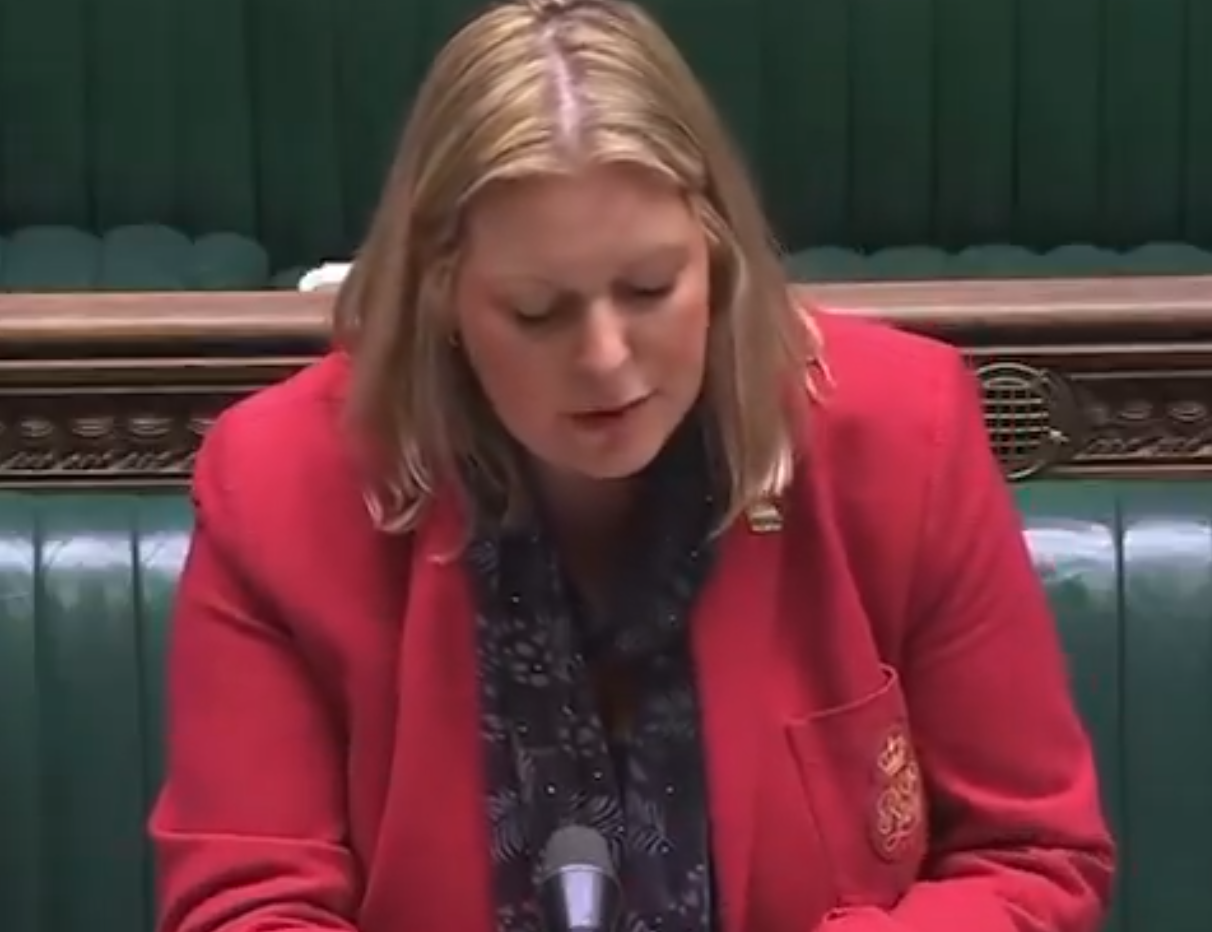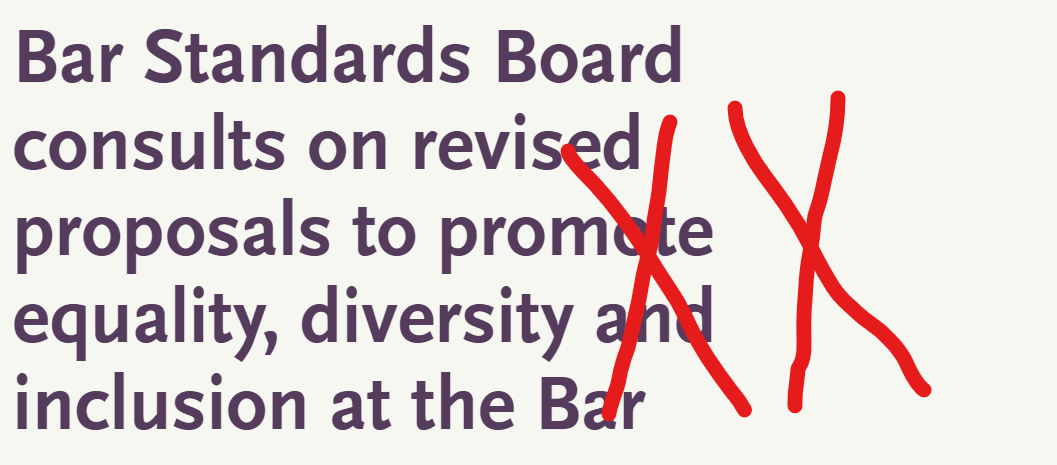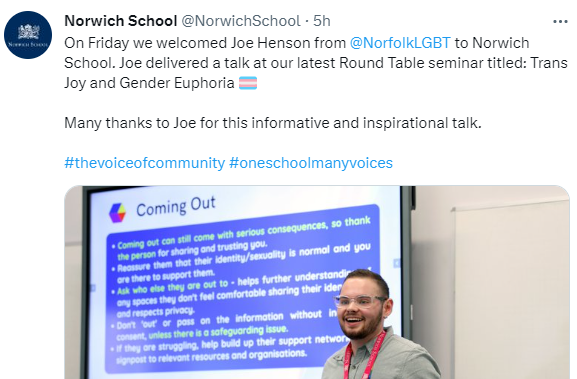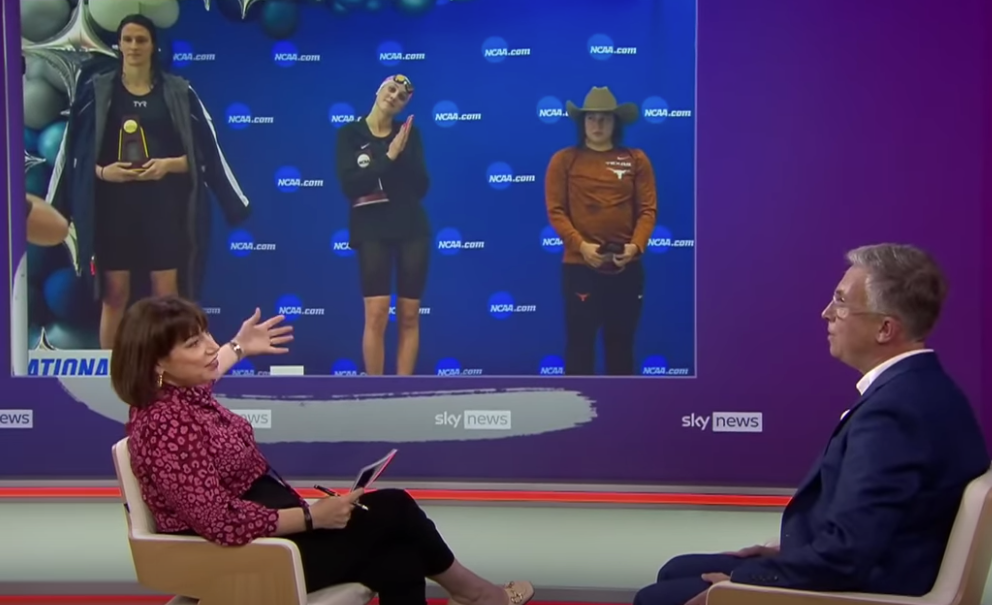Yet now the Department for Education provides further funding
Written by Caroline ffiske. Published 24/01/2022.
In November last year, as part of ‘anti-bullying week’, the Department for Education announced that it had handed a new round of funding, worth over £1 million, to five organisations to help schools and colleges ‘tackle bullying’.
One of the organisations to receive funding was
Equaliteach, an outfit whose output was previously publicly disowned by the Minister for Women and Equalities, Liz Truss. Equaliteach had slurred organisations who combat the influence of gender ideology on school children, including Fair Play for Women and Transgender Trend.
Equaliteach overtly promotes gender ideology to school children, introducing them to concepts such as having an internal ‘gender identity’; advising schools that trans-identifying boys should be allowed to use girls’ toilets; and suggesting that teachers keep secrets from parents, such as that a child has come out as transgender at school and is using different pronouns.
Never mind that; the Department for Education offered Equaliteach a further round of funding totalling over £160,000 and invited them into more of our schools - ‘over 80 a year’. As a result of which, how many more children will be persuaded they were born in the wrong body?
Another organisation which received money in the same November funding round was Diversity Role Models (DRM). Now a
parliamentary question tabled by Conservative MP, Tim Loughton, has revealed that the DfE has paid DRM £187,530 to work in schools from August 2021 to March 2022. The DfE is actually increasing DRM's role in our schools. DRM received £57,057 in 2016, and £131,231 in 2019-20 when it was part of the DfE’s ‘anti-homophobic, biphobic, transphobic bullying’ programme.
Let’s look at DRM's track record.
In 2020, the supermarket Asda sent out an email to its customers announcing that it had partnered with DRM to provide home learning packs for children. The primary school pack linked to a video about acceptance containing the phrase ‘love has no age’, and the associated worksheet used the slogan ‘love has no age limit’. Regardless of whether DRM was aware of it, this is a slogan used by paedophiles. At the very least, DRM should have thought carefully about how children might interpret such a statement. The secondary pack linked to a list of
book recommendations including a book called ‘Beyond Magenta: Transgender Teens Speak Out’, which contained a first person account of performing oral sex at age six - with no suggestion that there was anything wrong with this. At the very least, an example of professional carelessness around safeguarding.
After fury from parents, DRM removed these components from its school packs and apologised. The CEO of ASDA publicly
apologised via a letter to Baroness Nicholson.
Both Safe Schools Alliance (SSA) and Transgender Trend have also raised
concerns about materials produced or used by Diversity Role Models.
DRM introduces children aged 7 and up to the concept of ‘transgender’. To do so, according to SSA, it has used the ‘gender unicorn’ - an unscientific piece of gobbledegook that will confuse and gaslight children.
This resource, illustrated above, deserves a detailed review.
The unicorn introduces children to the concept of ‘gender identity’; the idea that they have a sense of ‘inner gender’. So how does this work? Think about it. It can surely
only
give children a sense of discomfort in, disassociation from, their bodies? It promotes a disconnected dualism of body and soul. It inevitably implies that there are right and wrong ways to be a boy or a girl. “So what do I
feel like inside? The adults are telling me I’m supposed to feel like…
something’... “I’m a girl but I like splashing about in mud…
so am I…?” Please give it a go at home: try describing internal gender identity to a child
without raising gender stereotypes; without implying there are right ways of being a boy or a girl. It is resources like this that lead kids to go home and tell their parents they’re no longer sure if they’re a girl or a boy. This is happening in this country; ask the
Bayswater Support Group.
Next, the unicorn implies to kids that there is a right and a wrong way to dress and express yourself as a man or a woman. Under ‘gender expression’ kids are offered ‘masculine, feminine, or other’. Seriously? Again, try working this through without resorting to regressive stereotypes. It would be laughable if not so sad. Tell me what a ‘masculine gender expression’ is. Is that short hair and jeans? No wonder so many girls are turning up at gender clinics…
The gender unicorn uses the scientifically illiterate concept of sex being ‘assigned at birth’. This is scientific nonsense and should not be used in an education setting.
The gender unicorn has a weird separation between ‘physical attraction’ and ‘emotional attraction’. According to the unicorn, for both of these you can be attracted to ‘men, women, or other genders’. To me the separation of physical and emotional attraction in the context of children is a safeguarding issue. In this era, we risk, if anything, the over-casualisation of sex. We know that, actually, for many people, and especially women, sex is an important emotional issue that they do not want to be casual about. They don’t agree that ‘physical’ is separable from ‘emotional’. I expect that many women do not want our girls encouraged to separate the ‘physical’ from the ‘emotional’ when it comes to sex. Question for discussion: who does this narrative suit?
As for sexual or emotional attraction being towards other ‘genders’, not male or female; - this is a current fashion for a tiny few. They are free to engage in it, but what is it doing in the classroom?
A full heads-up here: I could not verify whether DRM is still using resources of such scientifically-illiterate and socially-regressive quality as the ‘gender unicorn’; the bulk of its resources are not visible on the website. That too is concerning: if DRM is proud of its resources, and the Department for Education endorses their use, more examples should be visible.
However, in the ‘About Us’ section of its website, DRM showcases the nature of its work. A
short clip is provided to show the organisation ‘in action’. A mere 40 seconds into this clip a school child is talking about self-harm and suicide. She says ‘mental health issues can stem from not feeling accepted or not feeling wanted, like self-harm, depression, anxiety, and those things can lead on to worse things such as suicide’. Just like that?
When I was a school-child the mention of suicide was virtually taboo. We do need to be aware of just how far we have moved on this issue. It is now hard to describe the sense of seriousness with which the topic was so recently treated. That taboo might not have been right. But we do need to ask whether the normalisation, the casualisation, of reference to suicide is worsening mental health outcomes for young people. Shortly afterwards, the DRM clip says: ‘85% of trans young people have deliberately hurt themselves’. Putting aside whether this is even true, this casual referencing of self-harm and suicide cannot be good for children. We live in an age where it has become increasingly normal for school children to tell their parents they are feeling suicidal. The casualisation of the talk must surely increase the normalisation of the thoughts.
In the DRM clip there is a Stonewall poster in the classroom. It says ‘Some people are trans. Get over it’. This is not appropriate for a classroom - it implies that people can’t question the assertion or an individual claim.
What if a girl has a friend who thinks she is a lesbian. But now she’s ‘come out as trans’ and is talking about puberty blockers and mastectomy. Is the girl supposed to just ‘get over it’? Accept that her friend is indeed trans? Feel inhibited about even challenging her friend? Put aside her worries and concerns? Just feel a sense of sadness, but struggle to hide it, as her friend’s voice deepens after the first testosterone shots? Refrain from showing her friend the surrounding health risks from sustained exposure to cross-sex hormones? Does the Department for Education think the poster appropriate for our classrooms?
What I would like to understand is the due diligence process that the Department for Education, and Conservative Ministers undertake, when they give our money to, and invite organisations such as Diversity Role Models and Equaliteach into our classrooms. The Department for Education has issued
guidance that makes clear that gender ideology should not be promoted in the classroom. Resources like the gender unicorn do not measure up to this guidance:
“You should not reinforce harmful stereotypes, for instance by suggesting that children might be a different gender based on their personality and interests or the clothes they prefer to wear… Materials which suggest that non-conformity to gender stereotypes should be seen as synonymous with having a different gender identity should not be used and you should not work with external agencies or organisations that produce such material.”
Can the Department for Education provide a cast-iron guarantee that Equaliteach and Diversity Role Models no longer promote gender ideology in the classroom and do not breach their own guidelines?
We’d love to see it.



